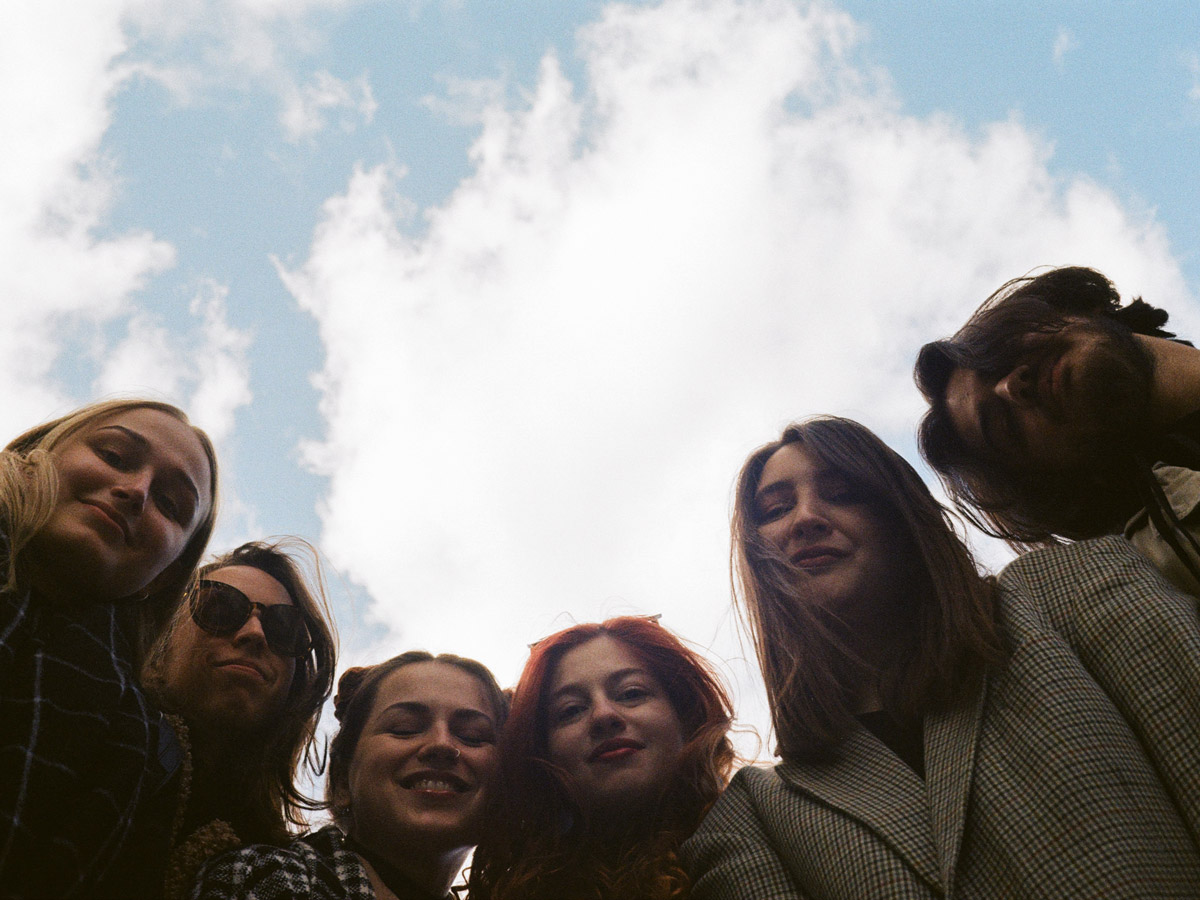It’s a bit depressing, I think, to suggest that wisdom only comes with age
That means that in the first instance the young can’t be wise. And in the second, that you don’t need to do anything to build the mystic blend of intelligence, calm and insight that counts as wisdom. You just need to…not die, for as long as possible, and that whatever you do, whatever sort of life you lead, good or bad, boring or mind-blowing, you’ll end up wise.
I can’t get on board with that. Malala, Greta, the young women of Iran, show us the young can be wise, whilst entitled Boomers the world over show us the old can be stupid.
These examples suggest that wisdom is earned, not given. You can live in such a way that grows intelligence, knowledge, foresight. Wisdom is within your control, and you can start building it at any age.
In Philip Pullman’s His Dark Materials trilogy the only way to find your way out of the land of the dead, for your molecules to roam free under the stars rather than stay stuck in eternal gloom is with the guidance of Harpies that guard the land. And in exchange for their guidance, they expect stories. Stories of your life. Of loves and losses. Of highs and lows. Of discoveries, adventures and experiences. It’s a fairytale that brings Pullman’s theological beliefs into sharp relief — this life is all we get, so live it well.
This is something that both inspires and terrifies; energised by the idea of gathering stories as we go about life, but also worried that we aren’t gathering enough, or they aren’t big or exciting enough. But the point is this: it is the gathering of stories and of experiences that makes you wise. That doing, seeing, feeling is what builds knowledge. And the more you do, the wiser you are.
Now of course, experience racks up with age. But the beauty is that you can hack this system — you can do more, see more, feel more if you choose, if you act.
Stretching time
I once saw a talk from a man that had cycled around the world. He wasn’t a cyclist, he was a (very) normal man with a weird compulsion. His dad had died young, and he was convinced that whilst we have no control over the amount of time we are given, we can control our perception of that time. We can make it feel longer. And we make it feel longer by packing it full of novelty, of new experiences. Cycling around the world was his attempt to stretch time — to make an hour feel like a day.
And that’s backed up by neuroscience — when you do the same thing over and over again, the brain recognises that this is a routine occurrence and only stores the memory from the last instance of it. Essentially rewriting the hard disk every time you do the same commute, or eat the same meal on the sofa.
So we can, I think, de-couple age and wisdom. By living fully, taking risks, saying yes, we can build wisdom through choices and how we spend our time, not the length of time we’re given.
Luckily, we live in an experience economy, or so we’re told. A world where people value the things they do over the things they have. Something that is more true for the young than the old. The old who still carefully guard their properties and tax bands, whilst the young travel and dance and eat and drink.
Why then, are we not living in increasingly enlightened times, surrounded by the wisest generation yet?
Because for all the travel and living-for-the-moment mindfulness, in truth, young people now are more risk averse than ever. For example, according to a study, they save more than predecessors at a younger age, with 85% considering themselves ‘conservative’ when it comes to financial risk profile. Growing up against a background of wars on terror and financial crashes, they prioritise safety and security where possible.
This behaviour is evident beyond their everyday, and into their work. A study back in 2015 found that young people launched 35% of start-ups in 1996, but by 2014 only 18% of start-ups were run by young people. The ambition now is to be that crucial first hire in the start-up — early enough to get some equity, but late enough to avoid the reputational and financial risk.
And this conservative approach to risk is affecting businesses — especially those early in their journeys, the start-ups and scale-ups that have traditionally been the drivers of innovation and disruption in any given industry.
We’re seeing this particularly in relation to marketing, and specifically brand building activity. Always a little sceptical, perhaps turned off by the impenetrable language, or lack of effectiveness data, or just an air of leftover arrogance from days when the creative industries were the disruptors and innovators. Scale-up founders and marketers have become openly distrustful of any advertising outside of the carefully tracked and audited performance marketing channels.
But advertising has always carried risk. The risk of the ‘real world’ channels — where you can’t measure who saw what, or what they did afterwards. And the risk of creativity — the inherent subjectivity of an idea, of a certain collection of words, an illustration style, a song.
Of course, we can look for precedents, and read case studies, and ask experts, and find data from other brands at other times. But the only way to really build knowledge and confidence is to do it. To try that message, to give that channel a go, to put an idea out there. To take risks, to let a brand ‘have’ experiences, and live a full life. Trying things out is what builds smart marketers and long-standing brands.
And gathering stories is what gives you the fuel to tell them.
We operate in an industry, in a context, where consumers expect stories — they expect brands to be rich, and varied, to be able to beguile and entertain. To give a brand a fighting chance at really connecting with consumers, convincing them to take you on their journey, you have to let it live, not… just die.


























